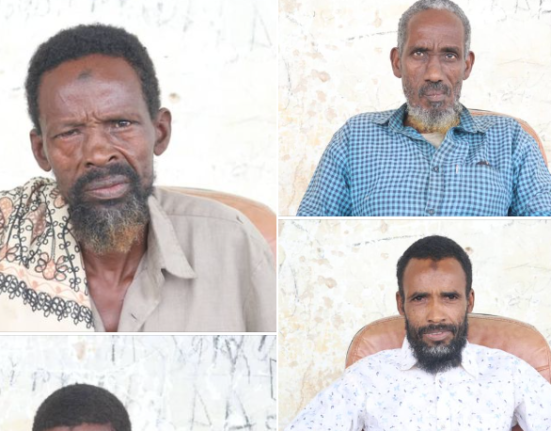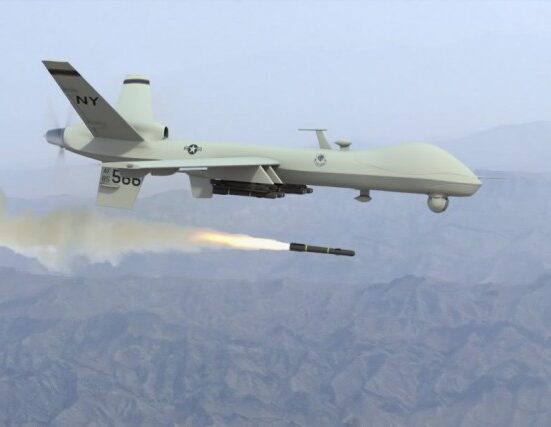Mogadishu-KNN-In the U.S.-backed war against the militant group al-Shabab in Somalia, Americans wage their battles mostly from the air, with unmanned drones.
On the ground, at sweltering checkpoints and in dusty trenches across Somalia’s southernmost states, soldiers from neighboring Kenya do almost all the fighting.
One of them was Christopher Katitu, a low-ranking grunt with the Kenyan Defence Forces, or KDF, who spent two years manning a mounted machine gun from a trench in Kismayo, a port city shattered by street-by-street skirmishes over territory. Then, when al-Shabab killed almost 150 students at a university just across the border in Garissa, Kenya, Katitu was sent to the edges of the tense city to guard a highway checkpoint day and night.
A kind of pressure was building up in his brain, one he could not quite place. It was not just the war — money problems were intensifying at home, too, and his wife was angry with him. Through almost a decade in the army, he had never seen a counselor.
On a short leave home from Garissa, Katitu had a mental breakdown. But instead of being treated for post-traumatic stress disorder, he was jailed and court-martialed when he tried to rejoin his battalion.
Since Kenya joined the war in Somalia in 2011, the United States has given its government more than half a billion dollars in security assistance. It comes with no stipulation that any of it is spent on mental health care for soldiers, but the U.S. military trains KDF doctors in mental health care. The KDF’s chief medical officer, George Ng’ang’a, said “if there’s one area where we’ve gone ahead, it is mental health care.”
But in interviews with former KDF doctors, mental health specialists and a dozen ex-KDF soldiers, a picture emerges of a system that has favored discipline over mental health care in the cases of hundreds of soldiers.
Criticism of the military in Kenya is taboo, and mental illness is rarely discussed both in the military and in society at large. Eight years into Kenya’s military foray in Somalia, hundreds of Kenyan soldiers have been killed, and dozens of al-Shabab attacks have taken place in Kenyan territory, some directed at KDF soldiers.
Kenya has around 4,000 troops in Somalia, which accounts for about one-fifth of the African Union contingent there.
The KDF says it conducts counseling services, but Ng’ang’a said in an interview that the KDF has no records on mental illness, nor does it have a dedicated mental health facility. He would not specify how many psychologists the KDF employs.
The U.S. Africa Command said it is “dedicated to supporting the development of capable, professional partner nation forces in Kenya.”
Katitu, the senior private who had a breakdown during leave, said he was not once offered an appointment with a counselor and did not know the option was available.
He was one year away from qualifying for a pension. His father, an ex-soldier, had died, and Katitu’s salary was supporting a large extended family. One day, his wife showed up at his barracks and said it was not enough. Katitu was granted a week to go home and figure out his finances.
“That’s when everything went black,” he said on a recent day at his family’s farm 100 miles east of Nairobi. “I only know about those weeks that passed from what people told me later — that I was babbling about bombs and Somalis and so on. I guess when you leave your barracks, that’s when everything hits you.”
Katitu’s blackout turned into a nightmare, in a story other former soldiers echoed. When he eventually reported for duty, he was stripped of his ID and phone, charged with desertion and locked in a cell for two years, awaiting a court-martial in which he was swiftly sentenced to six more months. For much of the time, his family did not know where he was.
Source: Washington Post






